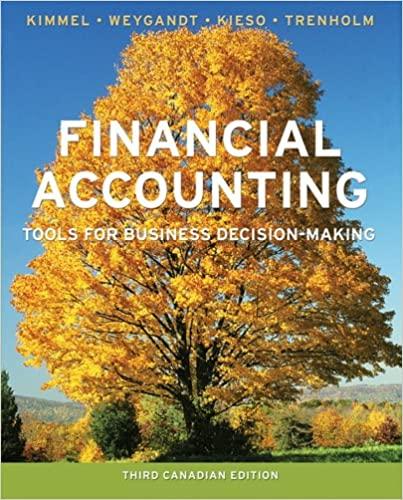. BUS 176 THE SECRET HISTORY OF THE CREDIT CARD Answer the questions: 1. Tell how the following factors in 1980 led to the move of credit card center's to South Dakota: Recession and double-digit inflation Usury laws in other states 2. Law professor Elizabeth Warren notes that families use credit cards to bridge the gap between what they earn and what they spend. What Factors can lead to their inability to make required payments? What happens when families like the Mueller's in the documentary start missing payments? 3. What is the view of credit cards from the four "average people the interviewer consults? What do they find positive about credit cards? What problems do they see with the way credit cards are administered? What does it tell you about what consumers know about credit cards? 4. Who or what can limit the interest rates and fees that credit card companies can impose? Can the interest rate change? If so, what causes a change? For what do credit card holders pay fees? Is there a limit on fees? 5. The OCC (Office of the Comptroller of the Currency) is the government agency in charge of monitoring credit card companies What, according to the documentary, should the role of the OCC (Office of the Comptroller of the Currency) be? Why do the Better Business Bureau of Oakland, California and the District Attorneys of San Francisco and New York criticize the OCC? What role did the OCC play in the Providian case? 6. Clite some arguments you noted in favor of and against tighter regulations of the credit card industry interest rates, fees, marketing of cards) 7. You are a Canadian family determined to pay off your $8000 credit card debt. How long will it take? How much Interest will you pay? NUMBER OF TOTAL MECBOOK AIR BO DI DD 16 $ & 3 4 5 6 7 8 9 0 . BUS 176 THE SECRET HISTORY OF THE CREDIT CARD Answer the questions: 1. Tell how the following factors in 1980 led to the move of credit card center's to South Dakota: Recession and double-digit inflation Usury laws in other states 2. Law professor Elizabeth Warren notes that families use credit cards to bridge the gap between what they earn and what they spend. What Factors can lead to their inability to make required payments? What happens when families like the Mueller's in the documentary start missing payments? 3. What is the view of credit cards from the four "average people the interviewer consults? What do they find positive about credit cards? What problems do they see with the way credit cards are administered? What does it tell you about what consumers know about credit cards? 4. Who or what can limit the interest rates and fees that credit card companies can impose? Can the interest rate change? If so, what causes a change? For what do credit card holders pay fees? Is there a limit on fees? 5. The OCC (Office of the Comptroller of the Currency) is the government agency in charge of monitoring credit card companies What, according to the documentary, should the role of the OCC (Office of the Comptroller of the Currency) be? Why do the Better Business Bureau of Oakland, California and the District Attorneys of San Francisco and New York criticize the OCC? What role did the OCC play in the Providian case? 6. Clite some arguments you noted in favor of and against tighter regulations of the credit card industry interest rates, fees, marketing of cards) 7. You are a Canadian family determined to pay off your $8000 credit card debt. How long will it take? How much Interest will you pay? NUMBER OF TOTAL MECBOOK AIR BO DI DD 16 $ & 3 4 5 6 7 8 9 0







